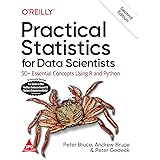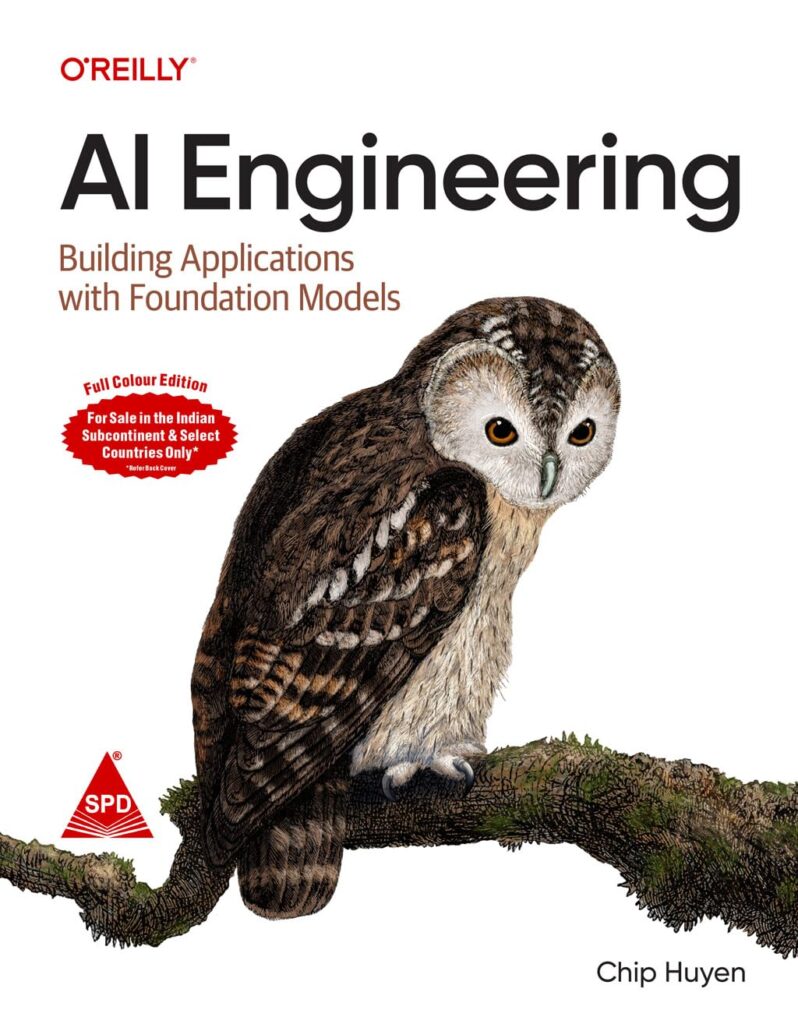The future of Data Science: Predictions and opportunities
The future of Data Science: Predictions and opportunities, Data science, the field that combines mathematics, statistics, computer science, and domain expertise to extract insights and value from data, has emerged as a critical discipline in the digital age.
As data volumes continue to grow exponentially, organizations are increasingly turning to data science to make better decisions, optimize operations, and drive innovation.
How to Check if a Directory Exists in R » Data Science Tutorials
In this article, we will explore some predictions and opportunities for the future of data science.
Increased demand for data scientists:
According to a report by Burning Glass Technologies, job postings for data scientists have grown by 650% since 2012.
This trend is expected to continue as more organizations recognize the value of data science and invest in building data-driven cultures.
As a result, there will be a growing demand for skilled data scientists with expertise in machine learning, deep learning, natural language processing, and other advanced techniques.
Greater emphasis on explainability:
As data science becomes more mainstream, there is a growing recognition that models must be explainable to be trusted.
This means that organizations will need to invest in developing techniques for interpreting and explaining the results of machine learning algorithms.
This will require a deeper understanding of the underlying mathematics and statistics behind these models.
Integration of data science into business strategy:
Data science will no longer be a separate function within organizations but will become an integral part of business strategy.
This means that data scientists will need to work closely with business leaders to understand their needs and priorities and to develop solutions that align with overall business objectives.
Expansion of data science into new domains:
While data science has traditionally been applied to areas such as finance, retail, and healthcare, there are many new domains where it is beginning to gain traction.
These include agriculture, logistics, and transportation, where data science can be used to optimize operations and reduce costs.
As more organizations recognize the potential benefits of data science in these areas, we can expect to see continued growth in this space.
Increased focus on privacy and security:
As more sensitive data is collected and analyzed, there is a growing concern about privacy and security.
Data scientists will need to develop techniques for protecting sensitive information while still being able to extract insights from the data.
This will require a deeper understanding of privacy laws and best practices for securing data.
Greater use of unstructured data:
While structured data has traditionally been the focus of data science efforts, there is a growing recognition that unstructured data (such as text, images, and audio) can also provide valuable insights.
As a result, we can expect to see increased investment in developing techniques for working with unstructured data, such as natural language processing and computer vision.
Integration of AI into everyday life:
As AI becomes more sophisticated and integrated into everyday devices (such as smart speakers and smartphones), we can expect to see increased demand for AI-powered applications across a wide range of industries.
This will require a deeper understanding of how AI can be used to solve real-world problems and improve people’s lives.
Development of new tools and technologies:
As the field of data science continues to evolve, we can expect to see the development of new tools and technologies that make it easier for practitioners to work with large datasets and complex algorithms.
These tools will include everything from new programming languages (such as Python) to specialized hardware (such as GPUs) designed specifically for machine learning workloads.
Increased focus on education and training:
As the demand for skilled data scientists continues to grow, there is a growing recognition that more needs to be done to educate and train the next generation of practitioners.
This will require a greater emphasis on teaching mathematics, statistics, computer science, and domain expertise at all levels of education (from high school through graduate school).
Greater emphasis on collaboration:
Data science is inherently interdisciplinary, requiring collaboration between mathematicians, statisticians, computer scientists, domain experts, and business leaders.
As the field continues to evolve, we can expect to see greater emphasis on collaboration both within organizations (between different departments) and between different organizations (through partnerships and collaborations).
This will require a deeper understanding of how different disciplines can work together effectively to achieve common goals.
How to Change Cell Color Based on Date in R » finnstats






